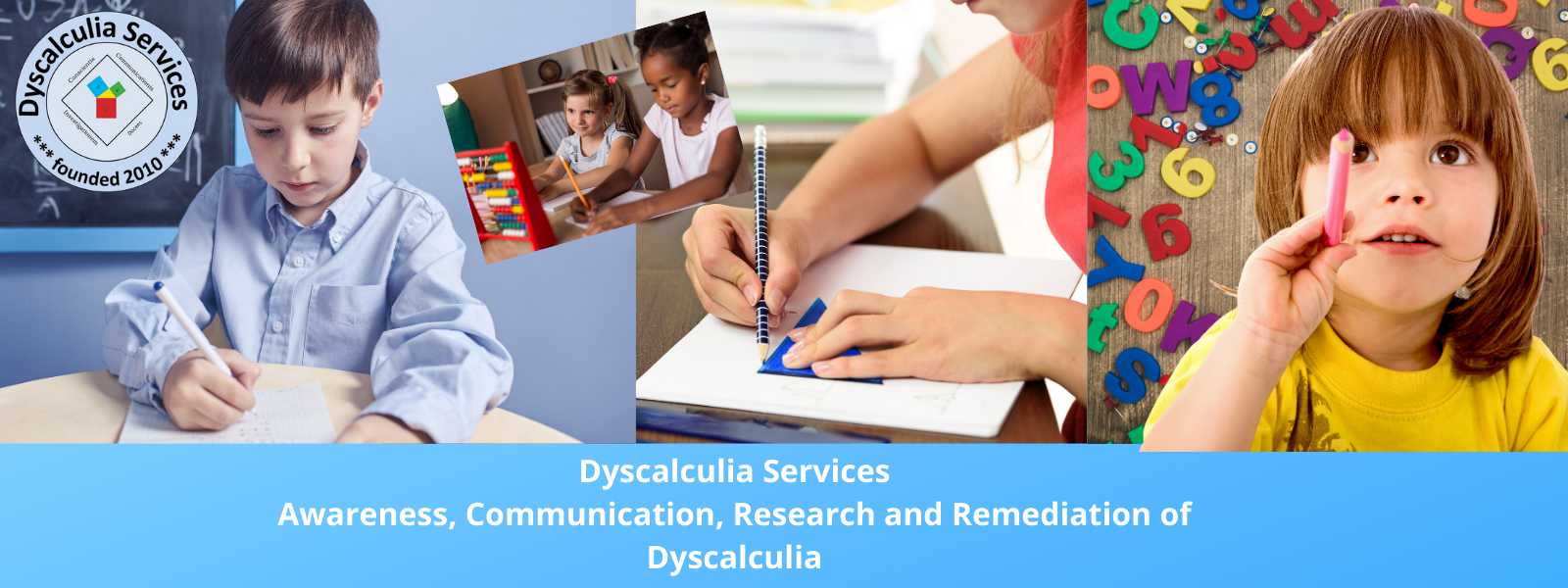What is dyscalculia?
How often did you hear adults say: “I always struggled with math in school” or even worse “I am just not a math person” basically accepting that it will always be hard for somebody to do things such as keeping track of their finances and other important math related activities?
Were you one of those kids struggling and giving up on math? You could have a Math Learning Disability or dyscalculia yourself, it’s not something that only affects children.
All involved, from parents to educators and not in the last place the students themselves, would love to prevent or minimize experiencing this ongoing struggle in math. Recent research shows that learners can be confident and successful in Math with an individualized approach from early on! Even love doing it! Much like we know that children with dyslexia benefit from specialized dyslexia instruction using sequential, structured, multisensory lessons and can eventually become good readers and even love to read!
What does the word dyscalculia mean?
The word dyscalculia has Greek and Latin roots: dys (the Greek part) means badly and calculia (the Latin part) comes from calculare: making calculations, so dyscalculia is ‘badly calculating’ or having trouble with making calculations. Compare dyslexia that can be translated as ‘badly reading’.
Dyscalculia is a Specific Learning Disability (Specific LD) involving all sorts of numerical tasks and it is inborn, meaning you are born with it. Although there is not yet a generally accepted definition of dyscalculia, the DSM-5 mentions difficulties with Number Sense, memorization of basic math facts, and accurate and fluent calculation. An estimated 4-7% of students have dyscalculia, so a teacher can expect to have one or two students with this per class.
Dyscalculia in children often involves difficulty with one or more of the following:
- start to count later than other children their age
- mentally connect a number with a size or quantity (number sense)
- effortlessly knowing how many dots on dice of dominoes without counting
- estimate and compare larger quantities
- memorize sequences such as the order of daily activities or days of the week
- do simple mathematics: memorizing and applying math facts for addition and subtraction
- memorize the multiplication tables, often learn it one day and completely forget it the next day
- difficulty choosing the calculation for the numbers in a word problem
- needing more time for math work and making mistakes that are far off
- learning to tell time using an analog clock
Dyscalculia in adults often involves one or more of the following issues:
- being uncomfortable with all sorts of number related activities
- mistakes in copying and memorizing phone numbers, log ins, and dates
- trouble with everyday calculations like estimating a shopping total or change given
- managing a credit card and a bank account or keeping a checkbook
- understanding directions and using maps and graphs
- keeping track of time, forgetting appointments, and deadlines
What can we do about it?
The brain of a person with dyscalculia is wired slightly differently and a mathematical stimulus is processed differently. This is pictured with functional MRI: when a child or adult with dyscalculia does a math problem, the areas in the brain that are best equipped for numerical tasks are mostly bypassed and other less efficient areas are used instead. This can take more time and lead to more mistakes.
Luckily, we also know that the brain can be trained to unleash that previously hidden capacity and starting such intervention as early as possible is best. Because dyscalculia is not yet widely known, currently many students go undetected for years. To know which students can benefit from intervention we can do schoolwide screening to see who is at risk and arrange a more in-depth assessment of number sense and math skills for those who score low on the screening.
Watch a ten minute youtube video by one of the leading experts in dyscalculia, Prof Brian Butterworth
